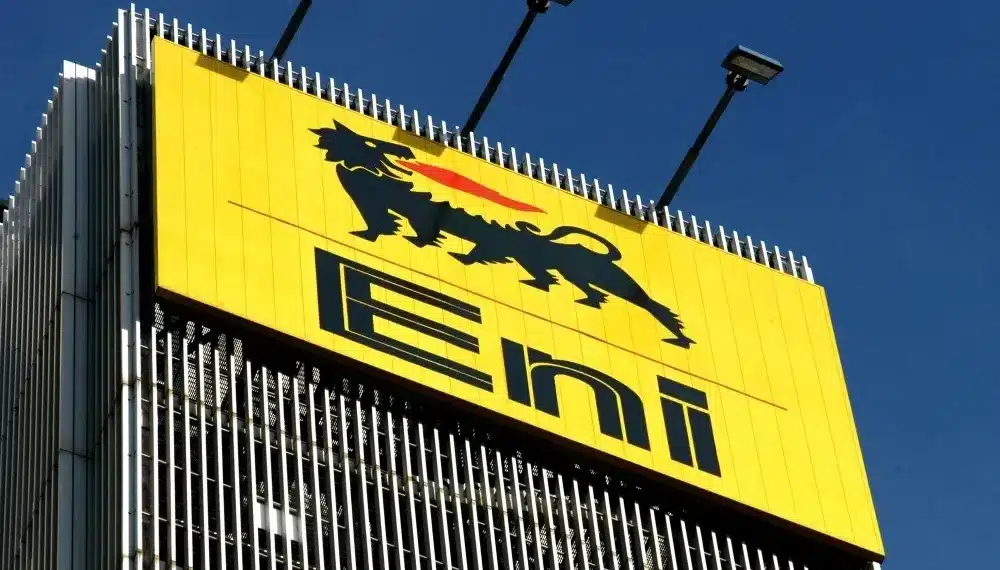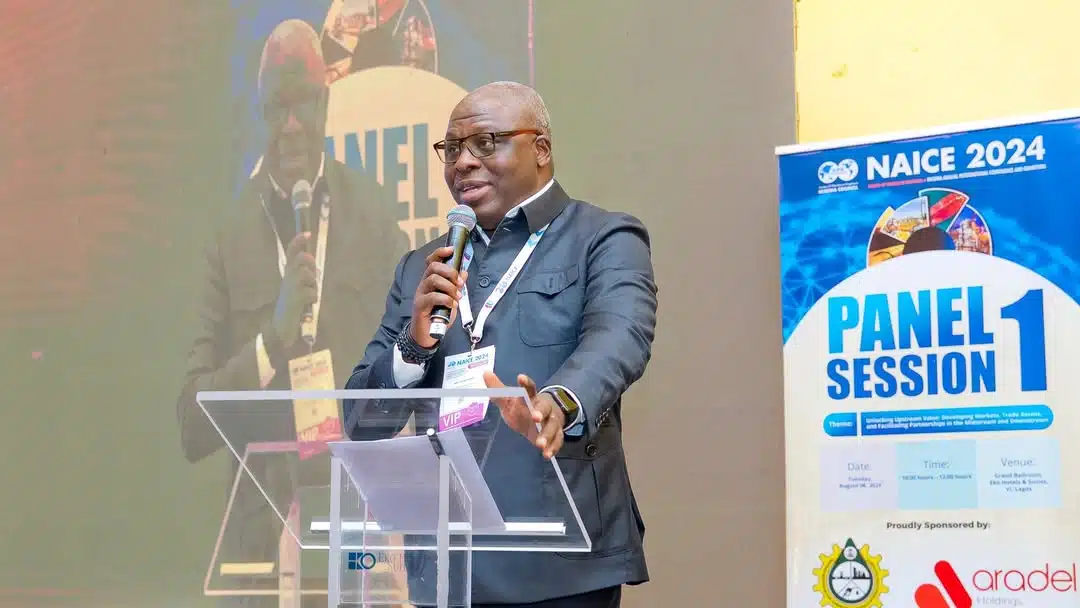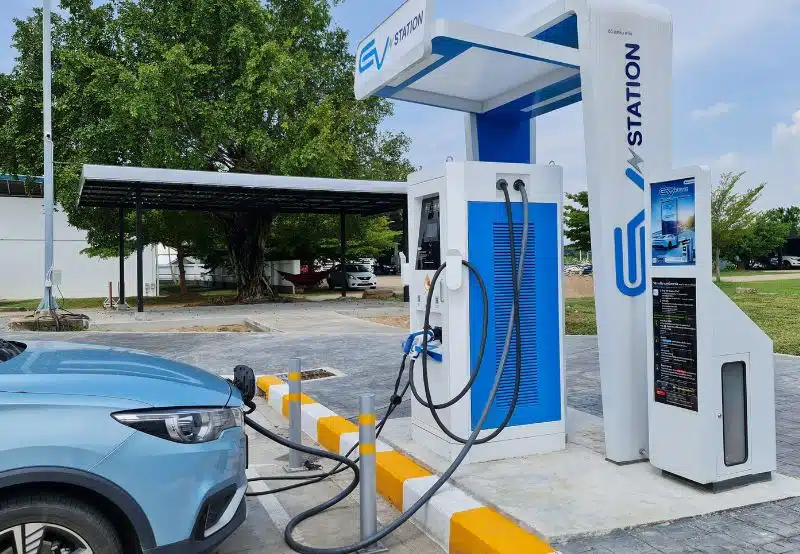Masoud Suleiman, the newly appointed Chairman of Libya’s National Oil Corporation (NOC), has expressed an ambitious plan to increase the country’s oil production to 2 million barrels per day (bpd) within the next three years, a target he emphasized will require adequate funding support for critical investments in the oil sector.
During a recent meeting with Prime Minister Abdulhamid Dabaiba, Suleiman confirmed that Libya’s current production stands at approximately 1.42 million bpd of crude oil.
In addition to 52,075 barrels of condensate and 205,741 barrels of gas equivalent, he said the country’s total daily output stands at 1.68 million barrels.
Suleiman’s strategy focuses on enhancing transparency, improving efficiency, and stabilizing operations within the NOC.
In a recent address at the Energy Summit in Tripoli, the newly appointed Chairman outlined his vision for the country’s oil sector.
He stated:
“We aim to boost oil production to two million barrels per day within three years, provided that adequate funding is secured to support necessary investments in the sector.”
Suleiman also mentioned the importance of human capital in achieving these goals, noting that the NOC is investing in young talent from across Libya.
“We are integrating young professionals from 54 Libyan cities into our workforce, focusing on petroleum-related fields to drive the sector forward,” he added.
Libya’s oil industry has faced frequent disruptions due to political instability, financial disputes, and security concerns.
By attracting investments and implementing structural reforms, Suleiman aims to strengthen the corporation’s performance and restore investor confidence.
The NOC chairman stressed that financial backing will be crucial for expanding production capacity.
Libya’s oil sector requires substantial funding to modernize infrastructure, restart stalled projects, and maintain existing fields.
Despite its vast oil reserves, Libya’s petroleum industry has struggled since the country’s 2011 revolution, which led to years of internal conflict.
Frequent blockades at oilfields and export terminals, political infighting, and security risks have repeatedly hampered production.
Just a few days ago, the state-owned oil firm announced the return of normalcy at the Es Sider and Ras Lanuf ports, following an agreement with demonstrators.
Suleiman’s leadership could turn a new leaf for the state-owned oil firm, as he seeks to overcome these challenges and position Libya as a key player in the global oil market.









